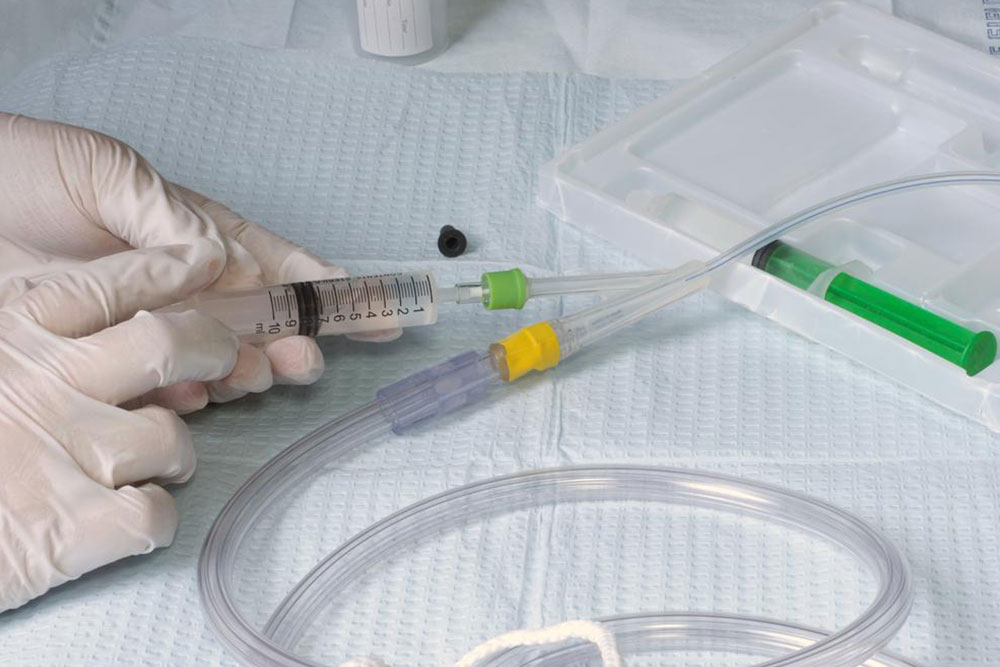Brief information on catheters for men
Usage of catheters or the procedure of using catheters is termed is catheterization, where there is an insertion of a catheter (for men) through the urethra and into the bladder for proper withdrawal of urine. The urine is collected or drained into a closed bag.
The purpose of catheters for men is to help those who cannot urinate normally anymore. To help men who cannot urinate properly anymore, there are two procedures. One is intermittent catheterization and the other is indwelling catheterization. Intermittent catheters for men have certain usages as mentioned below:
Collect sterile urine for diagnosis
For emptying bladder so the urine does not get collected in the bladder causing kidney disorders
Measuring urine that is residual
To establish medication for therapeutic effect in the bladder
To instill contrast material into the bladder for observation through cystourethrography
For monitoring the urinary output
Providing care for patients who have terminal illness or severe injury
For managing ulceration in the skin
To maintain continuous urine movement or outflow for patients who are undergoing surgical procedures
Used as a part of the preparation for urologic surgery
To provide relief to patients who have earlier had urinary retention
Men who use intermittent catheters may take some time to get used to this urinary procedure.

Antibiotics are not prescribed when catheters are used. This is a preventive measure for men who are at risk of urinary tract infection. For prevention from other infections, the extended portion of catheter must be cleaned properly using a mild soap and warm water.
There are risks involved in the usage of catheters for men. There is a risk of certain complications such as:
Infection caused by bacteria in the urinary system
trauma caused to the bladder or urethra by incorrect usage or insertion of catheter while the balloon is inflated. When this trauma is repeated, it can cause scarring of the urethra or even narrowing of the urethra.
Leakage of urine when the size is not proper. This problem, however, can be solved by changing the size of the catheter.

